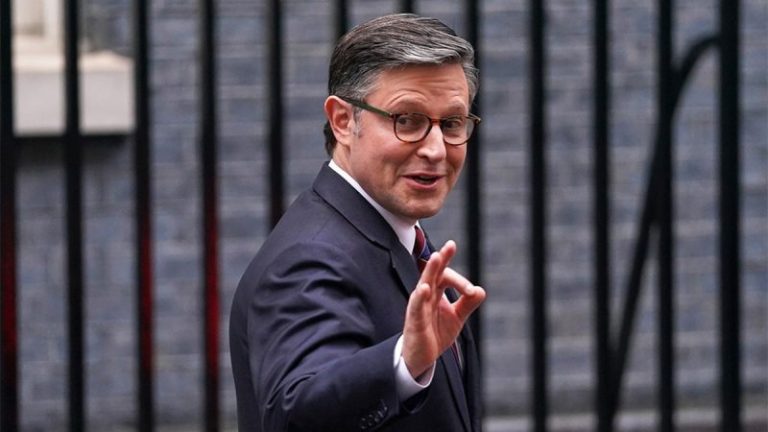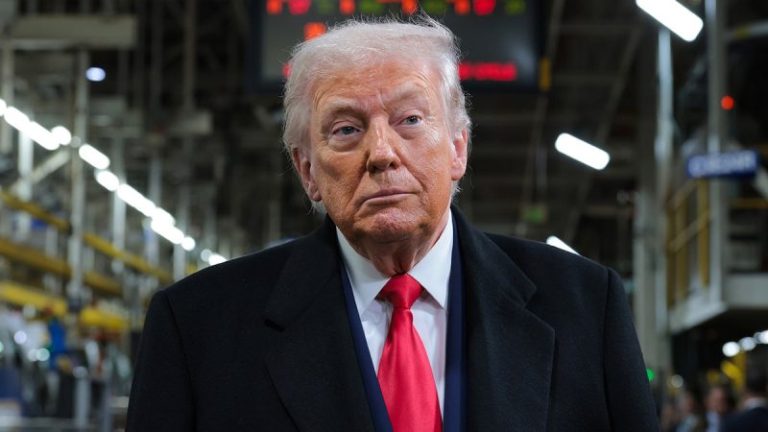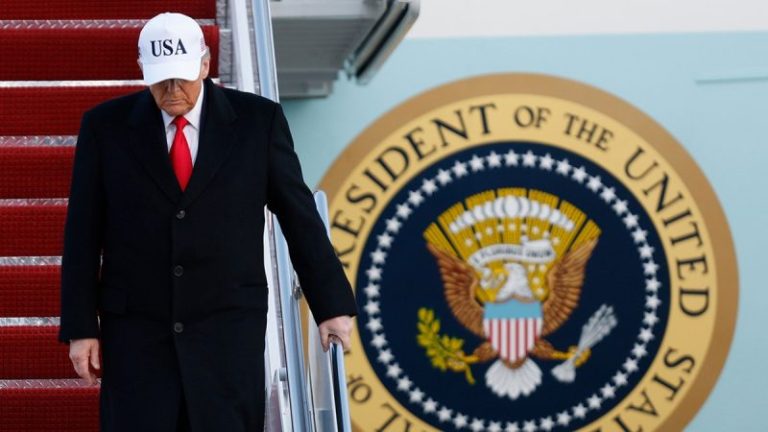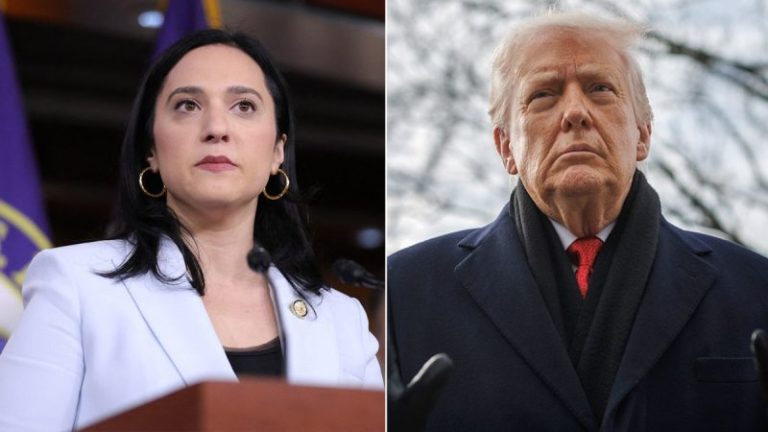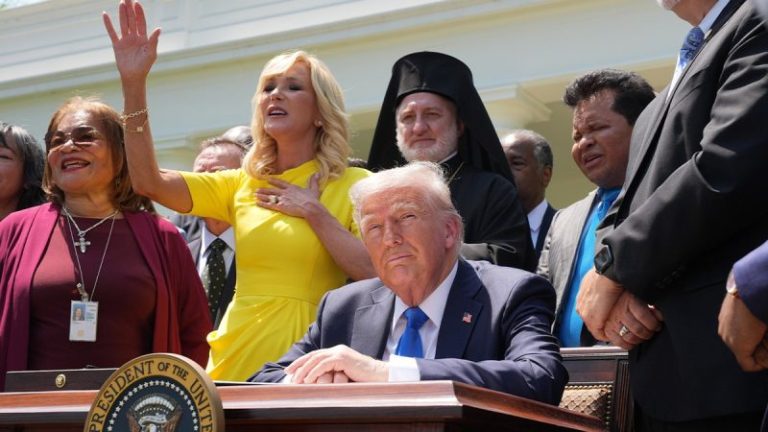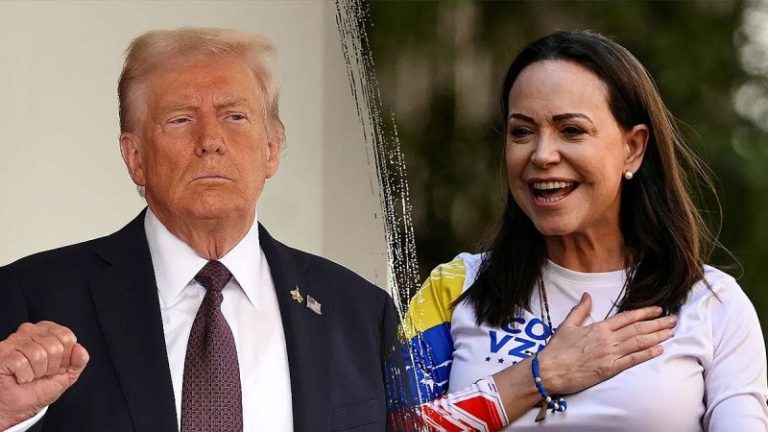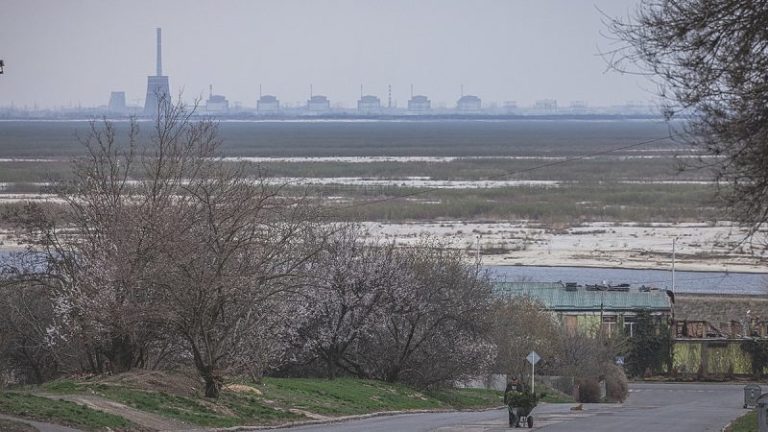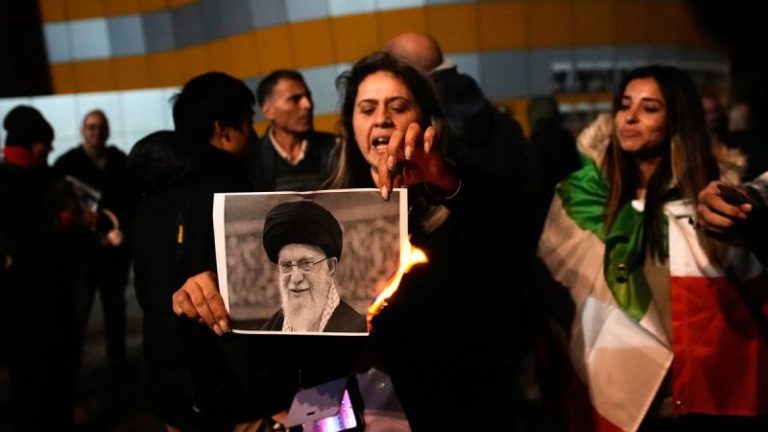Donald J. Trump was inaugurated for a second term as president exactly one year ago. It is safe to say the country, and the world, will never be the same.
President Trump has engaged in energetic and bold governing and diplomacy, fulfilling campaign promises like boosting domestic energy production, while also seeking peace in turbulent parts of the world and attempting to follow through on long-term ambitions, like acquiring Greenland.
He has engaged with the press on a near-daily basis, boosted recruitment for our military, dismantled harmful left-wing shibboleths like DEI, convinced our NATO allies to spend more on their own defense, junked burdensome regulations that interfered with our country’s progress, challenged our woke universities, extracted and jailed alleged drug kingpin Nicolás Maduro, defended women’s sports, significantly derailed Iran’s nuclear program, overseen new health initiatives like ridding our food of artificial dyes, shrunk the ever-expanding federal bureaucracy, and pushed through a reconciliation bill that lowered taxes for middle-class Americans. It is an incredible boatload of accomplishments.
But Trump’s first year is most notable for closing the southern border that predecessor Joe Biden opened to millions of unvetted illegal immigrants, and for resetting U.S. trade relations through the introduction of tariffs. As he might boast, few imagined that these efforts would succeed; however, neither has been without controversy.
Today, President Trump is at a crossroads. He begins midterm campaigning with approval ratings that are underwater, according to polling aggregated by RealClearPolitics, even on his signature issues of immigration and the economy. He has, in particular, lost favor with independents and with some of the groups that helped him win in 2024, like young voters and Hispanics.
Surveys suggest voters think the president is spending too much time on foreign affairs instead of working to reduce the cost of living. While he pursues peace between Ukraine and Russia, Americans want lower cereal prices and cheaper housing.
President Trump is trying to do too many things at once. On the one hand, we applaud the energy and pace of this president, a welcome change from the inert Joe Biden. On the other hand, Americans want stability, not chaos.
President Trump is aggrieved that the country is not giving him high marks for booming economic growth, a declining fiscal deficit, new investments flowing into the U.S., a declining trade gap, rising middle-class wages, all-time high oil production and record stock prices. And, inflation is substantially lower than the decades-high 9.1% recorded during the Biden presidency.
Public perceptions about the economy will play a decisive role in the midterm elections. Given today’s subdued consumer sentiment, President Trump faces the very real prospect that Republicans will lose their slim control of the House and maybe even their advantage in the Senate. He has warned more than once that should Democrats take over, they will almost certainly move to impeach him; he may well be right.
Faced with that threat, and seemingly rattled by Democrats’ new ‘affordability’ pitch, Trump has unleashed a barrage of new policies meant to address the cost of living, some of which appear half-baked. He has proposed capping interest rates on credit cards at 10% and has strategized about that controversial notion with progressive Sen. Elizabeth Warren, D-Mass., a development giving most Republicans hives. In addition, he has launched an attack on corporate-owned housing, which he claims has driven up rents. The number of homes bought up by businesses in recent years is small, and not likely to be a major source of rent inflation.
The frustrated president is also lashing out at adversaries, threatening to sue JPMorgan CEO Jamie Dimon for ‘debanking’ him in 2021 and waging war against Federal Reserve Chair Jay Powell, for instance.
Trump blames the Fed chair for keeping interest rates too high, which in turn drives up the cost of living. The Justice Department’s investigation into whether the Fed Chair lied to Congress about the costly renovation of the Fed’s headquarters was a foolish miscalculation; it has backfired as Powell has dug in and caused the Senate to balk at confirming his successor.
Trump has also recently rolled out ‘The Great Healthcare Plan,’ which would make payments directly to households to cover health expenses rather than send federal subsidies to insurers on consumers’ behalf. This proposal comes as Congress continues to debate extending enhanced premium subsidies on Obamacare; the lapsing of payments augmented during COVID-19 will raise some peoples’ insurance costs significantly. For not being ready with a solution to this dilemma, which was anticipated for more than a year, voters should blame Republicans in Congress, not President Trump. Nonetheless, attempting to reconfigure our dysfunctional healthcare system, nearly one fifth of our economy, should not be done on the fly.
Most recently, Trump has again threatened to slap onerous tariffs on European Union countries unless Denmark agrees to sell Greenland. This is a mistake, as it undermines the president’s constructive use of tariffs, indicates our partners cannot trust hard-fought trade agreements, and again plunges America’s commitment to NATO into uncertainty.
President Trump is trying to do too many things at once. On the one hand, we applaud the energy and pace of this president, a welcome change from the inert Joe Biden. On the other hand, Americans want stability, not chaos.
They especially don’t want chaos on the streets of Minneapolis, with ICE agents under attack. They also don’t want chaos in our dealings with foreign nations. And, they don’t want chaos in our economy, with tariffs being raised and lowered according to the latest push from the Oval Office and with major proposals being spun out almost daily.
The president has accomplished a great deal in his first year in office. He needs to build on the wins, and remind voters why they elected him. That begins with deescalating some of his confrontations and restoring confidence through steady leadership. It continues with hitting the campaign trail, talking to the American people, and bringing them back on board.
President Trump’s agenda is not complete; let us hope he reboots and wins for three more years to continue making America great again.
This post appeared first on FOX NEWS


